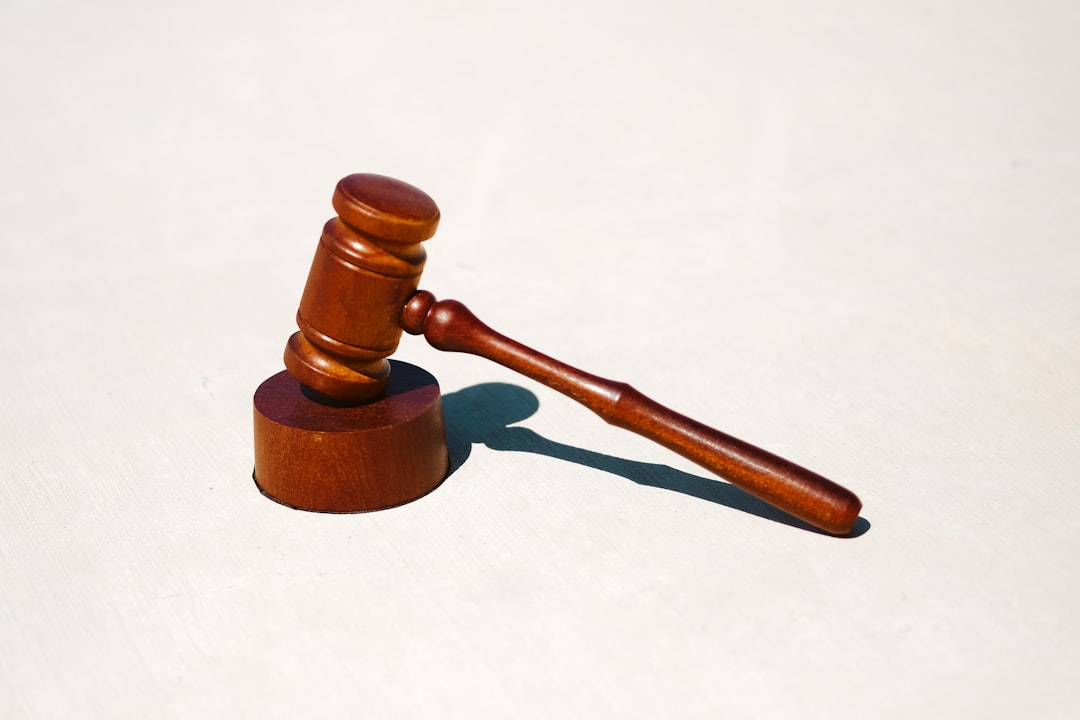In Houston, Texas, understanding Debt Collection Laws is crucial for both debtors and debt collectors. Debt collector attorneys specialize in navigating regulations like the Fair Debt Collection Practices Act (FDCPA) to protect consumer rights, ensuring collectors provide proper notice, verify debts, and avoid abusive language or threats. They educate clients on legal collection methods, dispute resolution, and fair debt practices. If you face harassment or unfair tactics from a debt collector, consult a debt collector Attorney Houston for guidance under the FDCPA and Texas Debt Collection Act, including sending cease-and-desist letters, filing complaints, or pursuing litigation.
Navigating the complex landscape of debt collection laws in Houston, Texas requires professional guidance. This comprehensive guide delves into the intricacies of debt recovery practices within the city’s legal framework. Understanding your rights is crucial, especially when dealing with debt collectors. We explore the role of a debt collector attorney in Houston, consumer protections, and unfair practices to watch out for. By familiarizing yourself with these aspects, you can ensure fair treatment and take appropriate legal actions if necessary, empowering you to assert your rights as a consumer.
Understanding Debt Collection Laws in Texas

Understanding Debt Collection Laws in Texas is crucial for both debtors and debt collectors alike. In this state, debt collection practices are heavily regulated to protect consumers from aggressive or unfair tactics. A debt collector Attorney Houston can guide individuals through these laws, ensuring their rights are upheld.
Texas law requires debt collectors to adhere to strict guidelines, including providing proper notice and verifying the debt before attempting collection. They must also refrain from using abusive language, threatening behavior, or false statements. Additionally, there are limitations on when and how often collectors can contact debtors, with specific rules regarding phone calls, emails, and written correspondence. Compliance with these regulations is essential to avoid legal repercussions.
The Role of a Debt Collector Attorney in Houston

In Houston, Texas, a debt collector attorney plays a crucial role in ensuring that debt collection practices adhere to legal guidelines and protect consumers’ rights. These attorneys specialize in navigating the complex web of state and federal laws related to debt collection, including the Fair Debt Collection Practices Act (FDCPA). Their primary function is to advise and represent both debt collectors and debtors, ensuring fair and ethical treatment throughout the debt recovery process.
A debt collector attorney in Houston helps establish legal strategies, drafts communication between parties, and represents clients in court if necessary. They guide their clients on permitted collection methods, what constitutes harassment or coercion, and how to properly verify outstanding debts. Their expertise is vital for maintaining a balanced and lawful debt collection ecosystem, promoting transparency, and preventing abusive practices.
Consumer Rights and Protections

In Houston, Texas, consumers have a variety of rights and protections when dealing with debt collectors. According to the Fair Debt Collection Practices Act (FDCPA), debt collectors must adhere to specific guidelines when communicating with debtors. This includes refraining from using abusive or harassing language, making false statements about the debt, and contacting individuals at inconvenient times. Consumers are also entitled to request validation of their debt, which requires the collector to provide proof of the amount owed.
Having a debt collector Attorney Houston can be crucial for navigating these protections. Legal experts in this field can ensure that both debtors and creditors understand their rights and responsibilities. They can help resolve disputes, challenge unfair collection practices, and educate individuals on how to effectively manage and pay off their debts. This not only protects consumers but also fosters fair and transparent debt collection processes.
Unfair Debt Collection Practices to Watch Out For

When dealing with debt collectors in Houston, it’s crucial to be aware of your rights and understand what constitutes unfair debt collection practices. Debt collector attorneys in Houston can guide you through these complex issues. Some common red flags to watch out for include threats or harassment, using abusive or offensive language, making false statements about your debt, and trying to collect on debts that are beyond the statute of limitations.
Additionally, debt collectors must provide valid proof of the debt and cannot charge excessive fees or interest. They also cannot contact you at unreasonable times or places, such as frequently calling before 8 a.m. or after 9 p.m., or targeting you at your place of work. If you experience any of these practices, consulting with a debt collector attorney in Houston can help protect your rights and resolve the issue effectively.
Legal Actions Against Debt Collectors

If you’re facing harassment or unfair practices from a debt collector in Houston, Texas, it’s crucial to understand your rights and legal options. A debt collector Attorney Houston can guide you through the complex landscape of debt collection laws and help protect you from illegal collection tactics. They can take various legal actions on your behalf, such as sending cease and desist letters to stop harassment, filing complaints with regulatory agencies for violations, or even pursuing litigation if necessary.
In Texas, debt collectors must adhere to strict rules outlined in the Fair Debt Collection Practices Act (FDCPA) and the Texas Debt Collection Act. These laws protect consumers from abusive, false, or deceptive practices by debt collectors. A qualified attorney can help you interpret these regulations, ensure your rights are respected, and hold debt collectors accountable for any violations that may have occurred.






